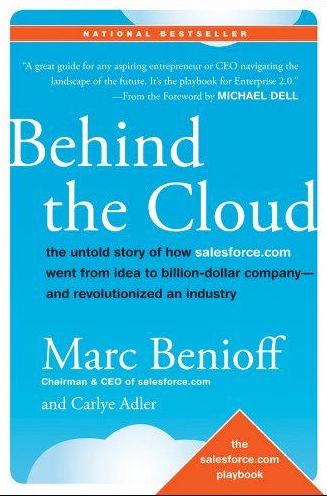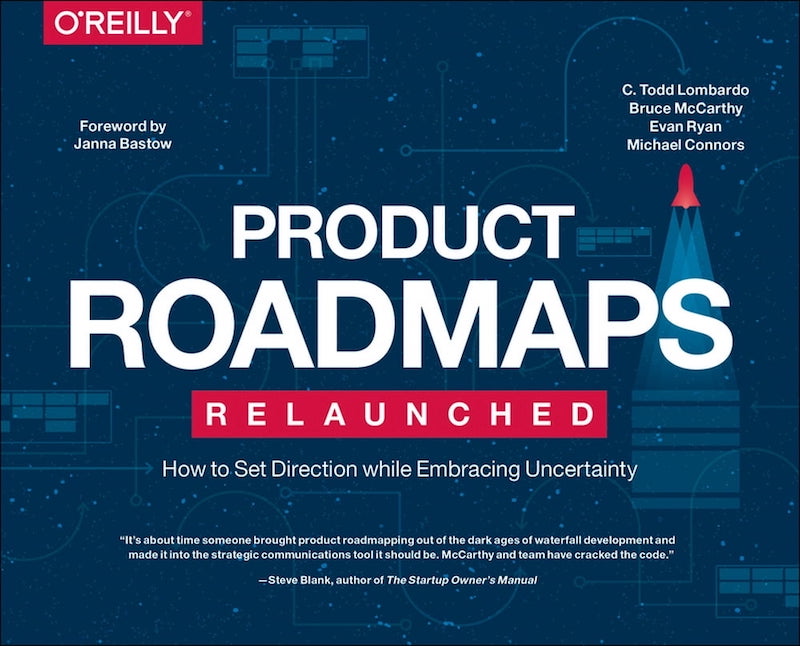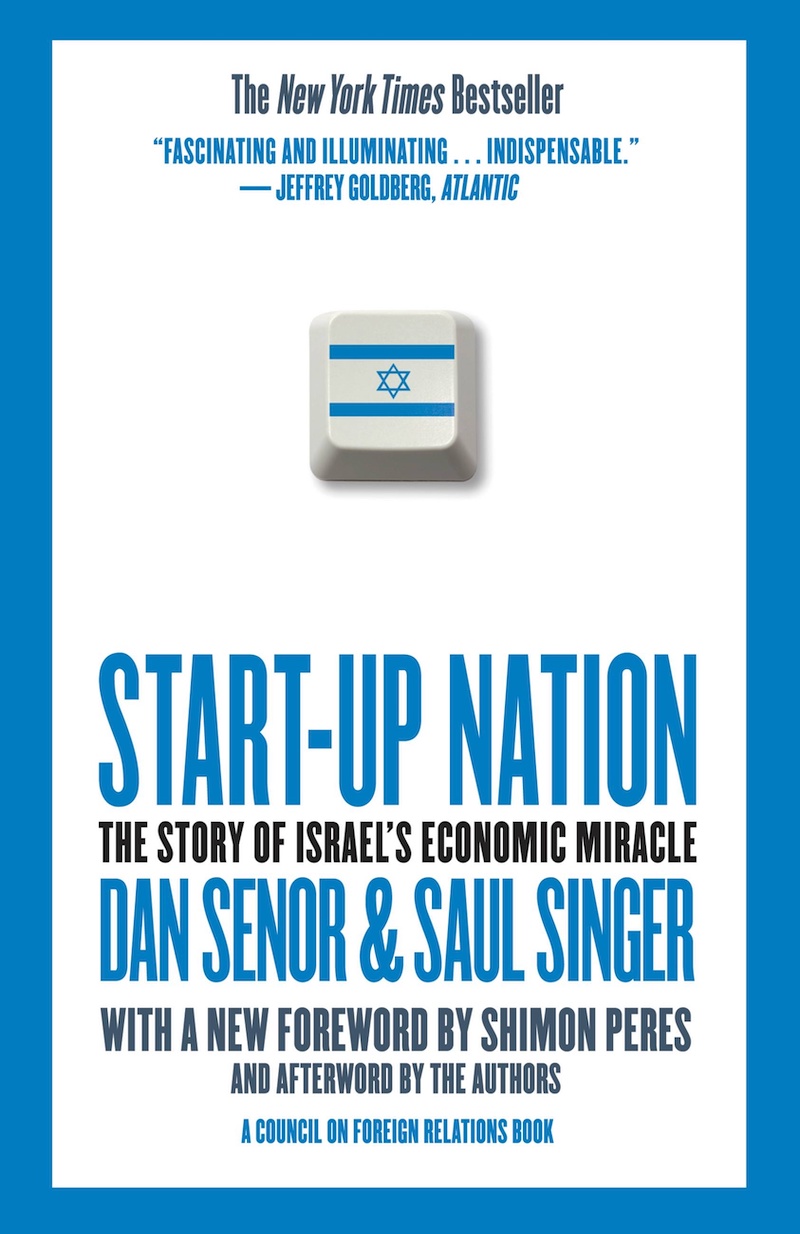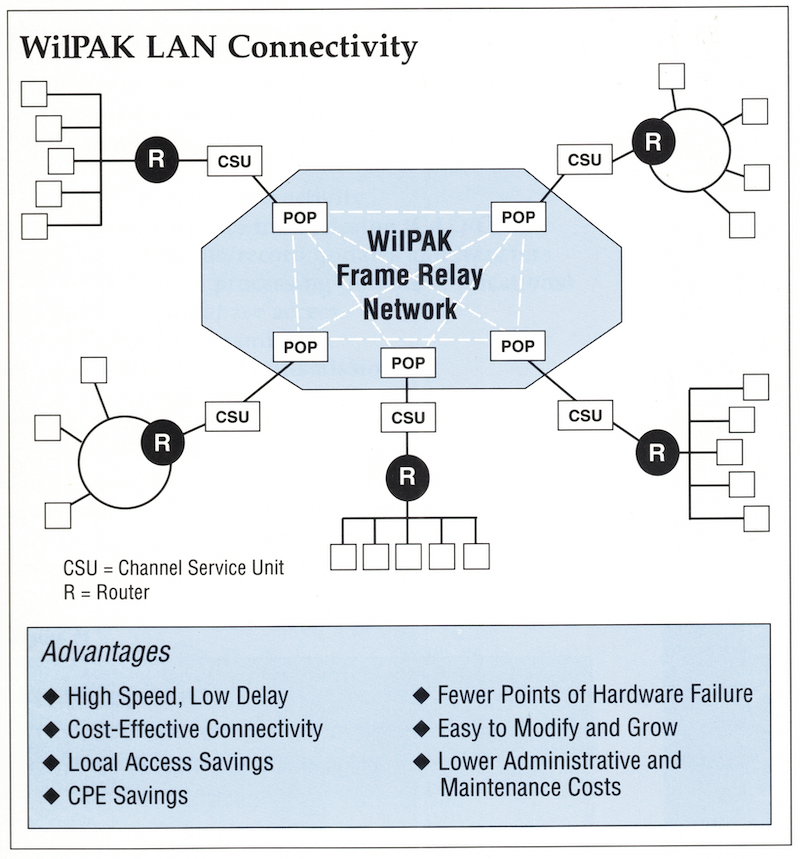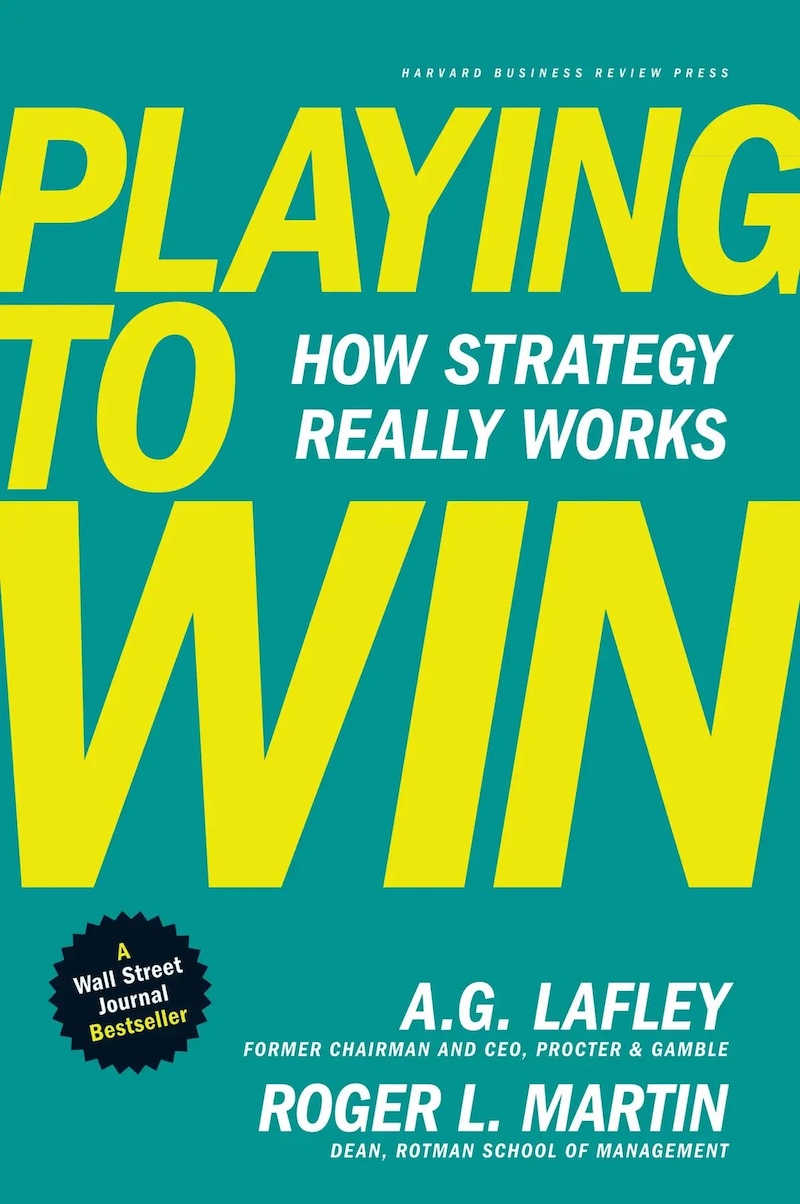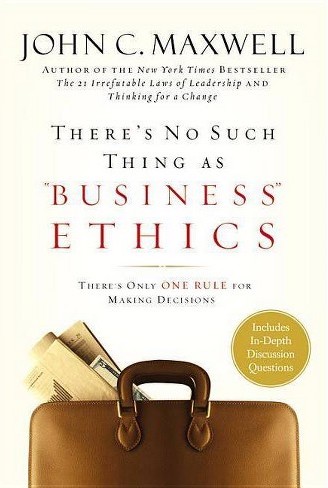Book Brief: Behind the Cloud
Behind the Cloud by Marc Benioff and Carlye Adler tells the exciting story of a high-growth technology startup from initial concept through and beyond IPO, structured in a way that other founders and leaders can easily learn lessons from salesforce.com’s challenges and successes. It’s a fun read and I believe that any business leader would learn something applicable to their current situation by reading this book.
The authors have done a masterful job of melding two different approaches to writing a book like this. The subtitle of the book is “the untold story of how Salesforce.com went from an idea to a billion-dollar company — and revolutionized an industry.” Normally such a “story” book would be written chronologically, telling the step-by-step, week-by-week, month-by-month, year-by-year story of the company’s progress. However, I’m guessing that Benioff’s passion was to tell the story in the form of lessons learned, and such a “teaching” book is more useful if similar lessons are grouped together thematically. Somehow the authors managed to organize the lessons thematically, but order the themes so that the story largely unfolds chronologically as you read from the first theme through to the ninth theme. Doing so maintained the power of “story” (beginning, middle, end (at least as of 2009)) while also delivering the power of “teaching”.
Specifically, the book is broken into 111 “plays” — specific things the Salesforce founders and team did, and that others can adopt. These are broken down into 9 thematic “parts” or “playbooks”: Start-Up, Marketing, Events, Sales, Technology, Corporate Philanthropy, Global, Finance, and Leadership. Each playbook contains 10–20 plays. Each play is typically 2–5 pages long, includes very specific stories from the history of Salesforce, and generalizes what the authors learned into a lesson that could be applied by other companies.
No reader will immediately benefit from all the lessons learned, but almost any business leader will find something useful for their current situation amongst the 111 lessons shared. If you’re looking for an interesting book to read that might benefit your ability to lead your business, this could be a great choice.
Book Brief: Behind the Cloud Read More »

